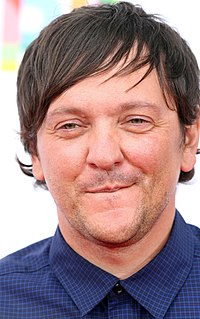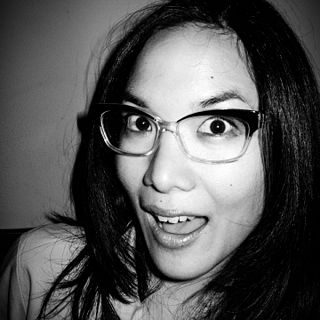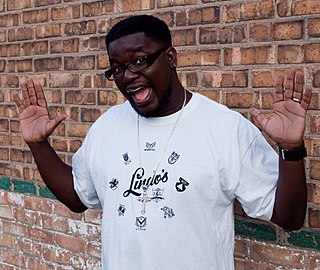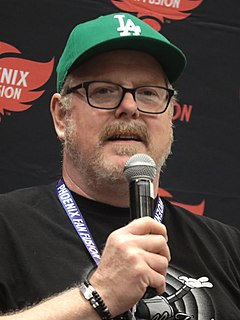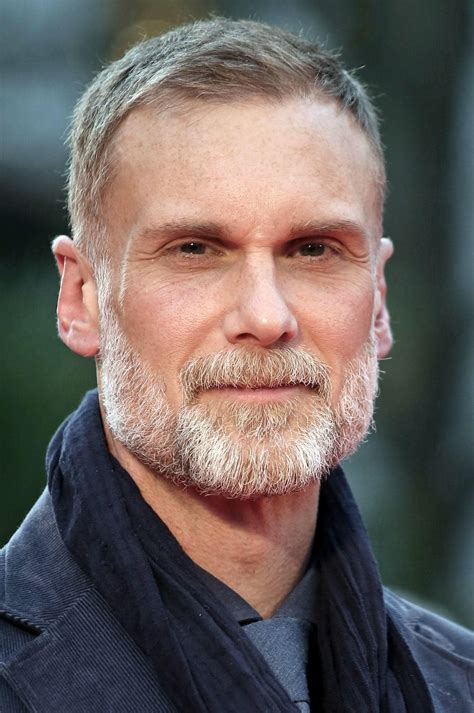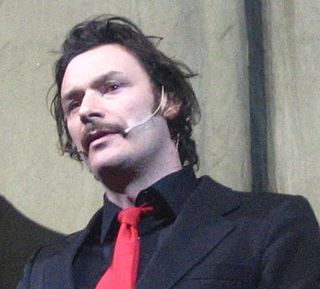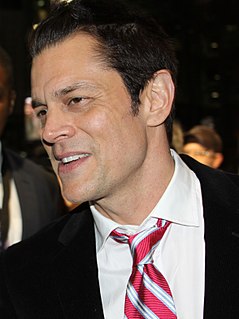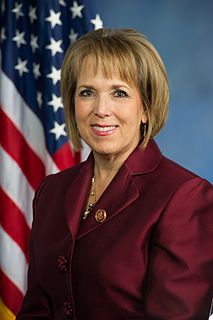A Quote by Bo Burnham
I do think that stand-up comedy in general heavily favors masculinity and so I like to act a little feminine onstage.
Related Quotes
I started doing comedy just as myself, because I thought, "This is what's expected, you're meant to tell stories and do observations." And then I started to realize that I wanted to mix it up a bit, so I started to doing songs, and I had a little keyboard onstage and would bring in little props. Then I thought about the idea of talking about a character and becoming the character onstage. So, it sort of morphed into being stand-up that was more character based, and I found that's the stuff I got the better reaction from and was more exciting for me.
I always get a little bit pissed off when stand-up comedy is not recognised as being as good a craft as being an actor. We give Oscars to people and it's like, 'Aw, this person is the greatest person on earth', but being an actor is pretty easy in comparison to stand-up comedy. It's no surprise that several stand-up comics have gone on to become great actors. I don't know any great actors that have gone on to become great stand-up comics.
I don't come from a comedy background or a stand-up background, but I think that sometimes there's a misconception that an actor who works primarily in comedy is a comedian. There's nothing wrong with being a comedian, but I'm absolutely not that. I can't think of anything more terrifying than doing stand-up!



